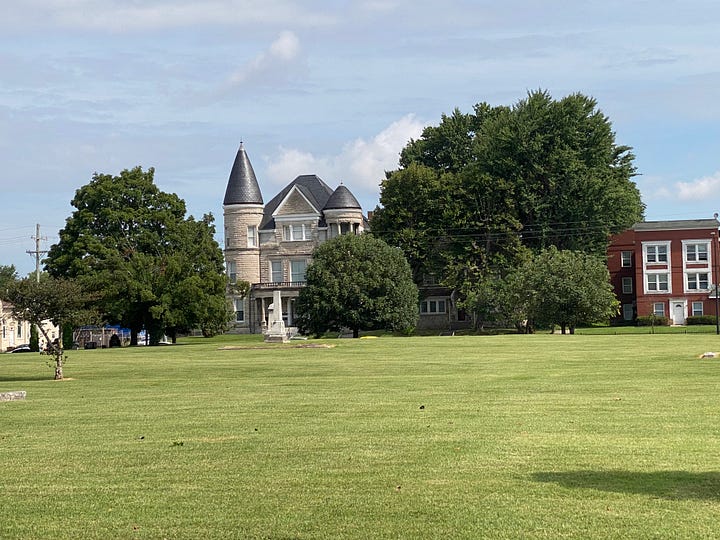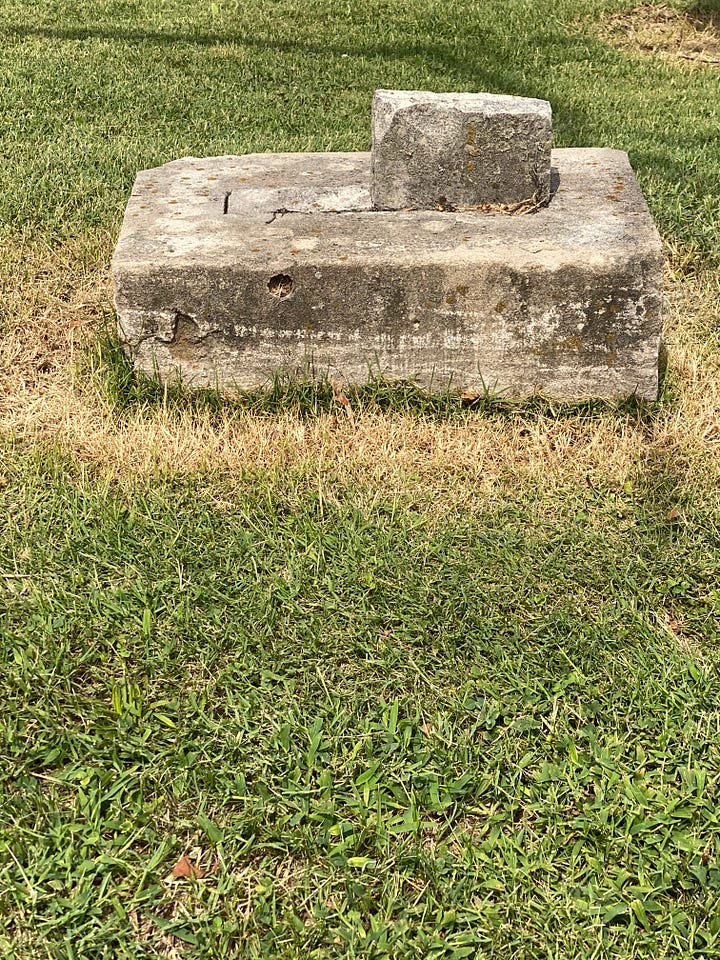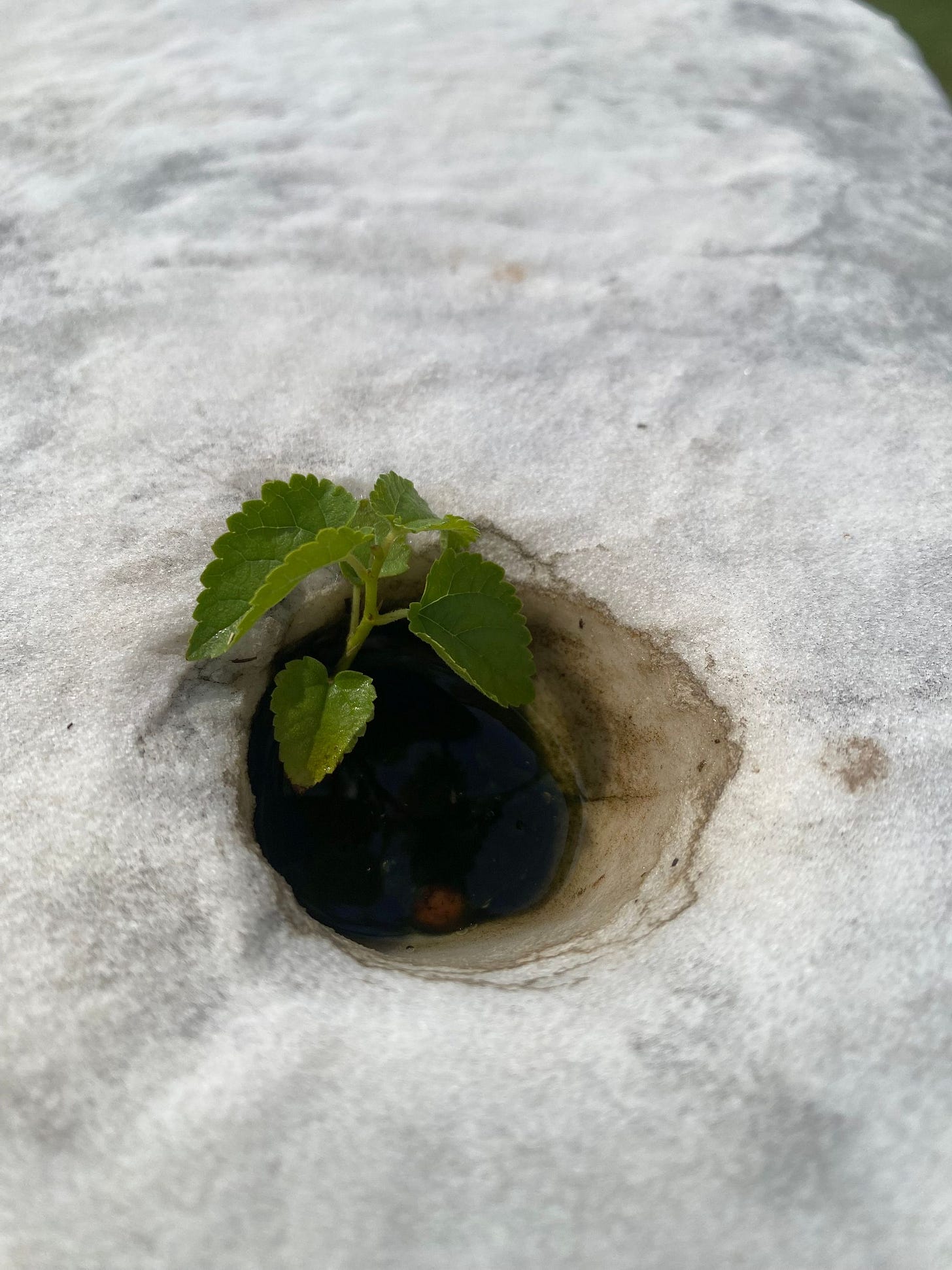Walk 9 – Western Cemetery
In which I castigate the foolish and sentimental recounting of the death of "Stonewall" Jackson
One of the Southern-Lost Cause apologist writers of the mid-twentieth century, Douglas Southall Freeman, described the death of Thomas J. “Stonewall” Jackson at the Battle of Chancellorsville:
“In the little cottage at Guiney’s, Jackson had roused from his restless sleep and had struggled to speak. His mind had been wandering far — who knows how far? — but with an effort, in his even, low voice, he had said: “Let us pass over the river, and rest under the shade of the trees.” And then, as so often on marches into the unknown, he had led the way."1
Now what pompous pretensions allow someone to sputter this romantic prattle and call it history, I do not know. But mere and awful trope it is, and it was infernal sentimental gibberish parading as scholarly history that made me put down these Southern ninnies for good many years ago.
For some unknown reason, this walk recollected those lines from Freeman and my revulsion toward them. Perhaps they came to me in irony, as my surroundings contained few trees. The sun baked the stone of the gravesites, and me, and I saw ample evidence of nature’s unrelenting war on our hopes of memorializing human life. Few of the remaining stones contained many legible words, and then only faint names. I could make out none of the other letters or words, except a date or year here and there. Few of the memorial stones remained at all, in a cemetery which had surfeit swelled with buried bodies only a few decades after opening in 1830. As at Central Park, I spotted the power of nature forcing itself up through the makings of man, cracking, breaking, even ignoring the heavy memorial stones.
I loved the trees. A few towered hugely high, clearly old and reaching for the heavens also sought by the cemetery’s “inhabitants.” And the ground included several newer plantings – age and death giving way to youth and life. I felt life alive in this place of supposed death. I rejoiced in the baking sun and abounding nature.




Freeman, Douglas Southall. R.E. Lee: A Biography. Volume II. New York: Charles Scribner's Sons. 1934. p. 563.




